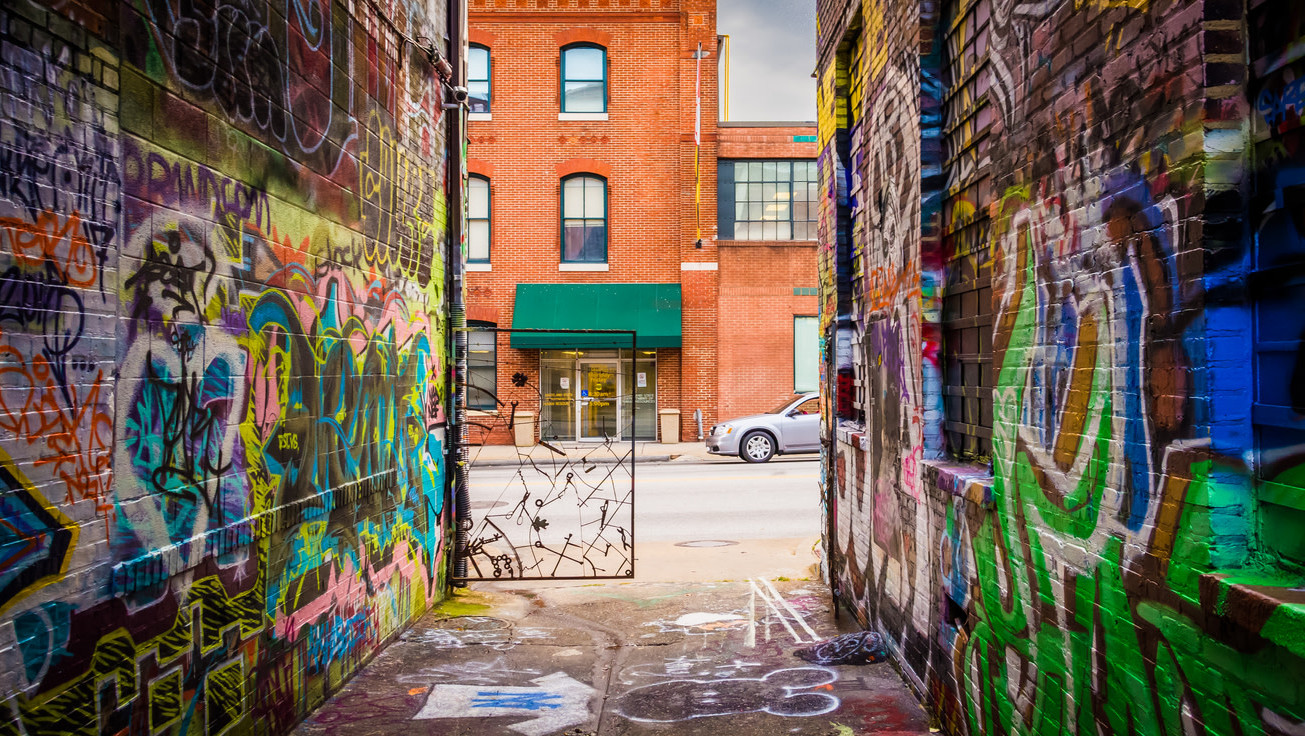Baltimore Restaurant Owner Conned Kuwaiti Royal Out Of $7.6 Million, Jury Finds
There are some stories that are known to us in the news business by the technical term "bananas." The Baltimore Sun published such a story yesterday, a report on the verdict of a trial involving a Baltimore entrepreneur and a member of the Kuwaiti royal family.
The story began in the summer of 2014, during Ramadan. Alia Salem Al-Sabah, whose family has ruled Kuwait for more 200 years (her uncle is the current head of state, her father is the president of the national guard, and her husband is a former cabinet member), was in Baltimore visiting her daughter, a student of public health at Johns Hopkins. Al-Sabah went to pray at a mosque on Howard Street, a depressed area filled with the shells of former department stores. After prayers, she decided to buy dinner for her fellow worshippers to break their day-long fast. They led her to Nailah's Kitchen, a nearby halal restaurant owned by Jean Agbodjogbe, a Muslim immigrant from Senegal. Al-Sabah was impressed with his cooking and ordered $10,000 worth of food (which she paid for with both cash and credit card). They kept in touch after she flew back to Kuwait. When she decided her new project would be reinvigorating Howard Street, she decided to make Agbodjogbe her agent.
Over the next few years, Al-Sabah gave Agbodjogbe $7.6 million to invest in his restaurant and in various gentrification projects on Howard Street. But instead of acting as her agent, Agbodjogbe used the money Al-Sabah sent him to finance the real estate firm he established in his own name, meaning he retained ownership of all the property.
Meanwhile, Agbodjogbe bought old department store buildings for far less than he told Al-Sabah they would cost—she sent him $1 million for one building, for instance, but he actually paid $139,000—and used the rest of the money to buy a new house in the suburbs and send his children to private school. He bought expensive gas appliances for buildings with no gas hookups. And when the deal he was working on to develop a Muslim cemetery collapsed, he didn't bother to tell Al-Sabah or return the $665,000 she had wired him for the project.
When other investments didn't work out as planned, creditors began suing him in state court. He tried mortgaging some of the properties and took loans from money lenders, one of whom charged him an interest rate of 58%. He told Al-Sabah none of this. She kept sending him money. And then in November 2016, he stopped taking her calls.
Agbodjogbe's lawyer argued that he had just gotten in over his head and that Al-Sabah's money was intended as gifts, not investments: "He fell into the money trap. It was a honey hole, and he fell in." (The Sun did not report whether he was able to say this with a straight face.)
The jury didn't buy it. In the end, it found Agbodjogbe guilty of defrauding Al-Sabah and ordered him to pay back all of the $7.6 million she had sent him, plus another $1 million in damages. During the trial, Al-Sabah testified that her personal fortune is $24 million, so she's still doing okay.
